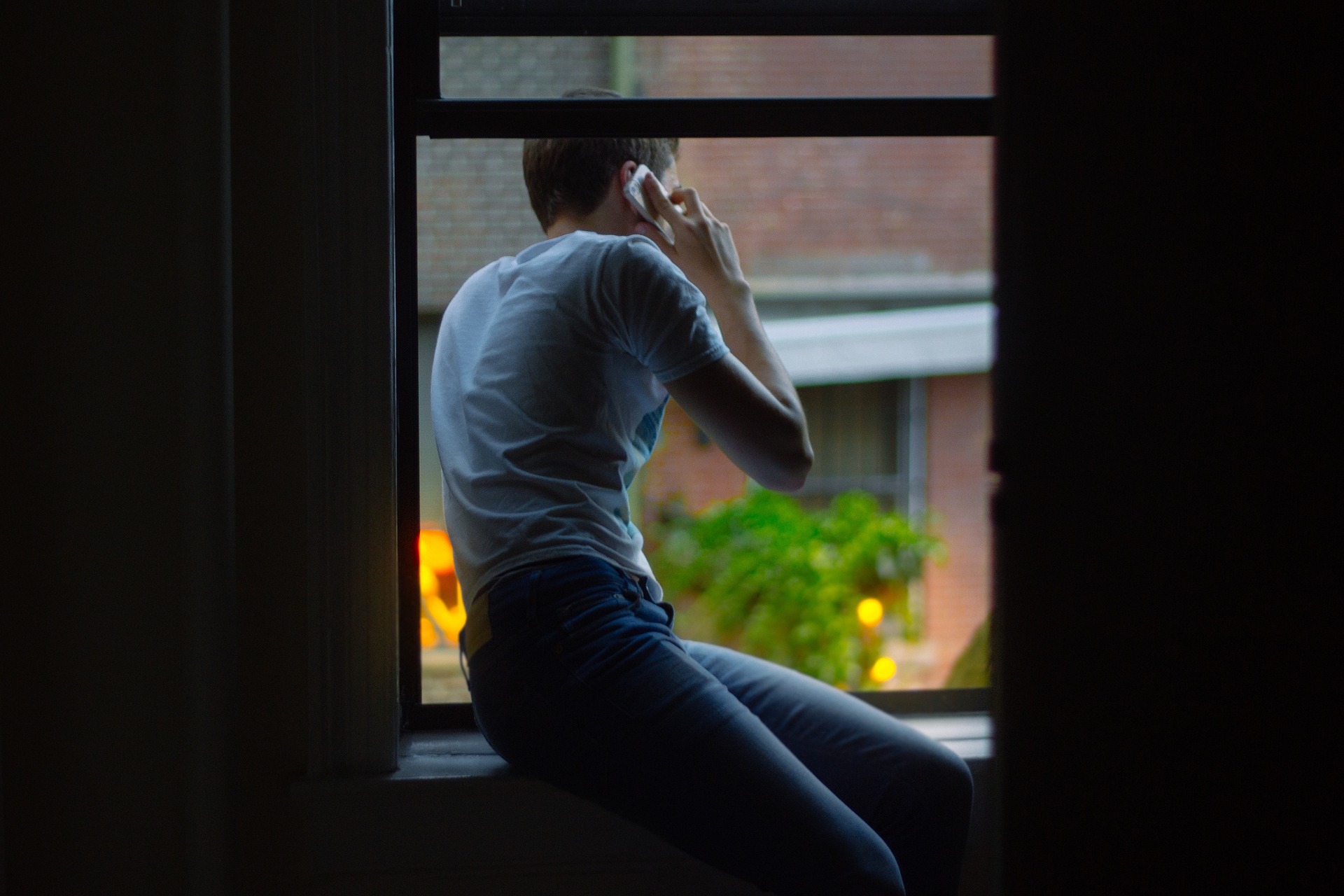Electricity powers our homes and lives. Practically everyone relies on the constant delivery of electricity from the grid to run our AC units, turn on our lights, and charge our devices. Weather events can sometimes interrupt our supply, leading to blackouts when a transformer blows or a power line gets knocked down. Additionally, too much demand on the system can also lead to slower and weaker power delivery. These phenomenons are referred to as “brownouts”–because power is not completely lost as it is in a blackout.

Brownouts usually happen in order to help prevent a blackout. Balancing supply and demand in any market can be tricky; for electricity though, the impacts of an imbalance are immediate. The demand for energy changes throughout the day, and these fluctuations are easily detectable. The electric company must make sure it is able to produce and deliver enough electricity to supply its customers. During times of high demand though–such as on weekday evenings when most Americans are getting home from work and turning on their TVs, plugging in laptops, and turning down thermostats–it can be difficult to keep up with the amount of electricity required.
In these instances, the electric company will intentionally limit the amount of power delivered to each residence. You may notice it because of dimmer bulbs or slower wifi connectivity. Depending on that day’s demand, the brownout may last for just a few minutes, up to a few hours. It’s extremely rare for them to last longer than 8 hours, however.
In Case of Brownouts – What to Do
Unfortunately, there is nothing you can do to change the fact that you are experiencing a brownout. However, if the dimmed lights or slower wifi bother you, try unplugging items that are unnecessary and drawing power away from what you need. You can help minimize the effects by unplugging chargers or appliances that you aren’t using, like lamps, robo-vacuums, or microwaves. You may also set your thermostat a few degrees higher so that your HVAC system isn’t working quite so hard.
Devices containing sensitive or unsaved data should also be saved, shut down, and unplugged, especially during bad weather. A brownout may preclude a blackout, so you want to make sure your work is saved and that your devices are protected from potential lightning strikes or electrical surges.
Who Should You Call?
The electrical grid is pretty self-sustaining and will create brownouts when necessary. However, it’s also possible that a brownout is due to faulty electricity in your home in particular. Once you have protected your sensitive electronics and attempted to mitigate the effects of the brownout in your home, call your utility company. If the limited power is coming from the grid, you can rest assured that it will return to full power soon. You may be one of the first ones to report it, in which case your information and insight are quite helpful to the company. However, if the grid is not currently experiencing a brownout, the problem may be with your own system. In this case, call an electrician and have them inspect your system for flaws and potential hazards.
Sarasota homeowners are especially vulnerable to brownouts in the summer and fall months, because of the higher temperatures. If you want to strengthen your power capability, protect your electrical panels, and make your home more energy-efficient – call Promise Electric today.


